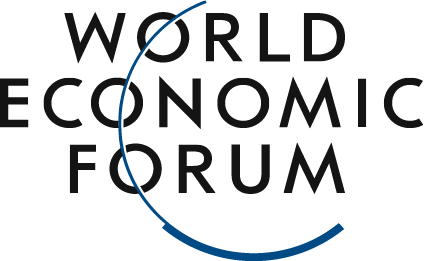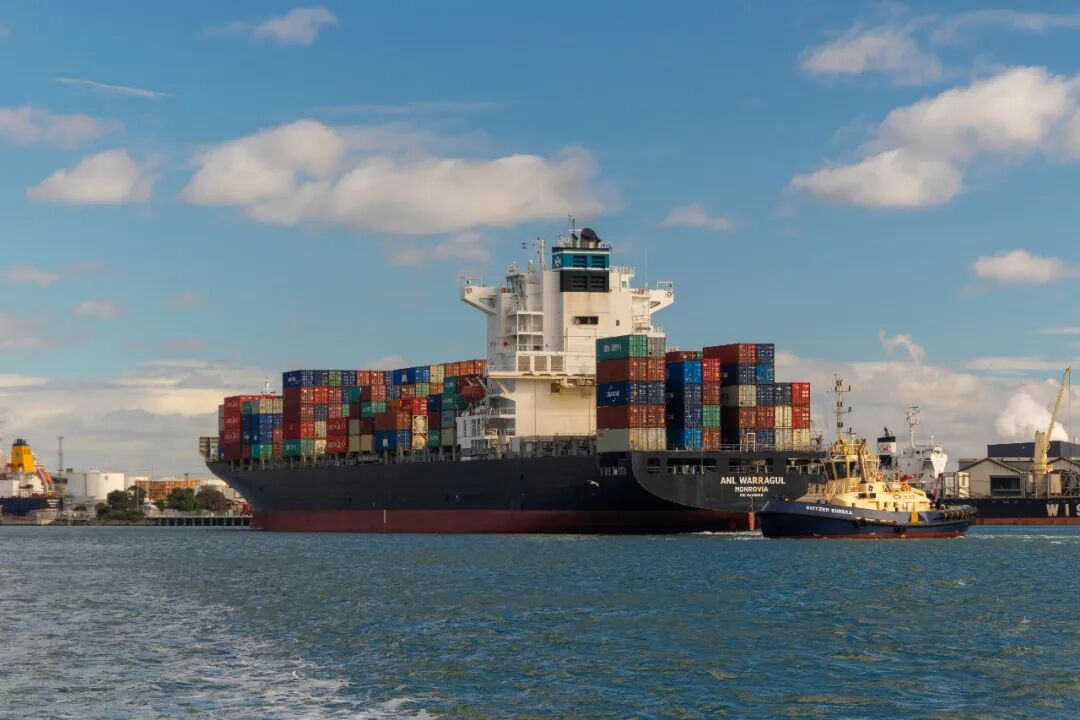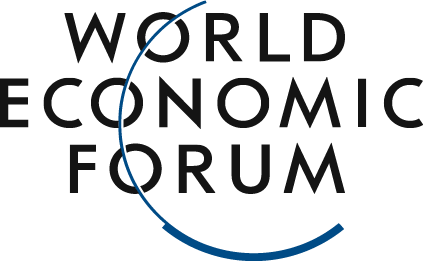Geopolitical divisions have seeped into the economic sphere, further hindering global trade and capital flows.
Image source:John Simmons/Unsplash
Sadia Zahidi
Executive Director of the World Economic Forum
This article was originally published in Caixin.
We may be facing the most complex and unpredictable geopolitical and economic environment in decades. The highest number of violent conflicts since World War II is now exacting a staggering humanitarian toll, disrupting trade and energy supplies—and fueling ongoing crises in food and fuel.Economically, many countries have already defied pessimistic forecasts, yet several nations in the Global South are still struggling to recover from the disruptions caused by the COVID-19 pandemic—and continue to face multiple challenges, including supply shocks, rising capital costs, and currency volatility.New solutions are needed to tackle unique challenges.Many low-income countries still have poverty rates higher than pre-pandemic levels. Most of the least developed nations rely heavily on food and energy imports, making them particularly vulnerable to shrinking supplies and rising prices. According to estimates from the World Food Programme, 333 million people worldwide are facing severe food insecurity—nearly 200 million more than before the pandemic.Developing countries also face significantly high levels of external public debt. From 2010 to 2021, their external public debt surged from 19% of national GDP to 29%. This has made developing nations more vulnerable to shifts in global economic conditions, such as rising interest rates and currency fluctuations, while simultaneously constraining their ability to service these debts. In just the past three years alone, there have already been 18 sovereign default events worldwide—more than the total number of defaults recorded over the previous two decades combined. Today, 3.3 billion people live in developing countries where interest payments exceed spending on education or healthcare.Debt pressures and limited resources are also stifling much-needed investments in technology and innovation. For instance, the AI revolution presents significant opportunities to boost productivity and drive innovation—but due to the existing North-South digital divide, developing countries may find it even harder to capitalize on these opportunities, potentially deepening inequalities. Meanwhile, in the climate arena, countries in the Global South already bear a heavier economic and human cost compared to others. If not managed carefully, the transition to a green economy could impose even greater financial burdens on these nations, further widening the gap between rich and poor.Overall, the global economic outlook is brighter than it was a year ago. However, as IMF experts warned at the Spring Meeting, we still face some of the lowest growth rates in history—rates that continue to threaten decades of progress made in reducing global inequality and extreme poverty.To avoid regression and create new opportunities for the younger generation, we must reignite the engine of economic growth. To achieve this, we must meet the following three fundamental prerequisites:1. Measuring growth in new waysGDP growth is a useful indicator that provides valuable insights into the health of an economy. However, GDP growth is merely a rough tool—it doesn’t adequately measure living standards, quantify environmental impacts, assess an economy’s resilience to shocks, or determine whether current investment types will drive long-term innovation and deliver meaningful returns. That’s why pursuing growth "at any cost" is short-sighted. After all, the *quality* of growth is just as important, if not more so, than its speed.In the past, short-term growth often came at the expense of other equally important goals. According to recent analysis, the world has yet to effectively integrate economic growth with other long-term priorities. Policymakers are now exploring innovative ways to reignite the growth engine, and we should adopt new measures that balance both the pace and quality of growth. A prime example is the World Economic Forum’s “Future of Growth” framework, which helps countries holistically assess not only GDP metrics but also performance in areas such as sustainability, innovation, resilience, and inclusivity. In this framework, economic growth serves as the foundation for a virtuous cycle—rather than being an end in itself.2. Revitalizing North-South Economic CooperationNow, more than ever, we need global cooperation to shape new models of economic growth and development. Yet, the reality couldn’t be more different—geopolitical divisions have already seeped into the economic sphere, further stifling global trade and capital flows. In fact, protectionist measures are estimated to have surged by 38% over the past year. Meanwhile, as fiscal constraints tighten, wealthier nations are cutting back on critical support for emerging economies in key areas like climate adaptation—despite this being precisely the time when such assistance is most urgently needed.In times of uncertainty, nations may be tempted to adopt "precautionary measures." However, history has shown that this often backfires. In the long run, win-win strategies are far more effective than zero-sum games. By fostering exchanges of goods, services, ideas, technology, and talent—while implementing appropriate policies—countries can better support local communities, entrepreneurs, and innovators. This approach ultimately benefits both developed and developing nations alike, leading to improved outcomes for all.For example, the rise of connectivity is creating new opportunities for a more globalized talent value chain, helping high-income countries address skill shortages while enabling workers in the Global South to access high-quality jobs.3. Make the right investmentsIn an era of technological transformation, we are witnessing a green transition, the resurgence of industrial policies, and the restructuring of global supply chains. Forward-thinking policymakers around the world will be able to unlock new opportunities for their nations, empowering citizens to thrive in both regional and global economies. For some economies, this means emerging as new manufacturing leaders or rapidly integrating AI to enhance public services like healthcare, education, and transportation. For others, it’s about capitalizing on newfound critical metals and minerals—or leveraging their comparative advantages in knowledge-based and service-oriented industries. Yet, many of the trends driving future economic growth could also prove to be a double-edged sword.For instance, AI is expected to contribute trillions of dollars to the global economy in the future—but the journey won’t be without challenges. The same holds true for the green transition across sectors like energy, infrastructure, and consumer goods. Over the next five years, an estimated 23% of jobs are likely to undergo transformation as a result of these shifts.
Therefore, if investments are made solely in technology or energy transitions—without simultaneously prioritizing human capital—it will be difficult to achieve sustainable returns. Experts have already produced reliable forecasts identifying which roles and tasks may be most affected by technological and other transformative changes.
Armed with this critical insight, leaders in business, government, and beyond must now begin building robust strategic talent-planning capabilities, strengthening lifelong learning systems, promoting gender equality, championing diversity initiatives, and establishing comprehensive social safety nets. Only then can we ensure that these new drivers of growth benefit everyone, not just a select few.The New "North Star" Guiding Economic GrowthThe current economic climate calls for us to rethink our approach to economic growth. By adopting new ways to measure both the pace and quality of growth—and by strengthening North-South economic cooperation—we can ensure that everyone benefits. Not only can we reverse the global growth slowdown that has persisted since 2008, but we can also create a new economic model that works for all.
Feel free to share this on WeChat Moments; please leave a comment below the post if you’d like to republish.
Translated by: Di Chenjing | Edited by: Wang Can
The World Economic Forum is an independent and neutral platform dedicated to bringing together diverse perspectives to discuss critical global, regional, and industry-specific issues.
Follow us on Weibo, WeChat Video Accounts, Douyin, and Xiaohongshu!
"World Economic Forum"





